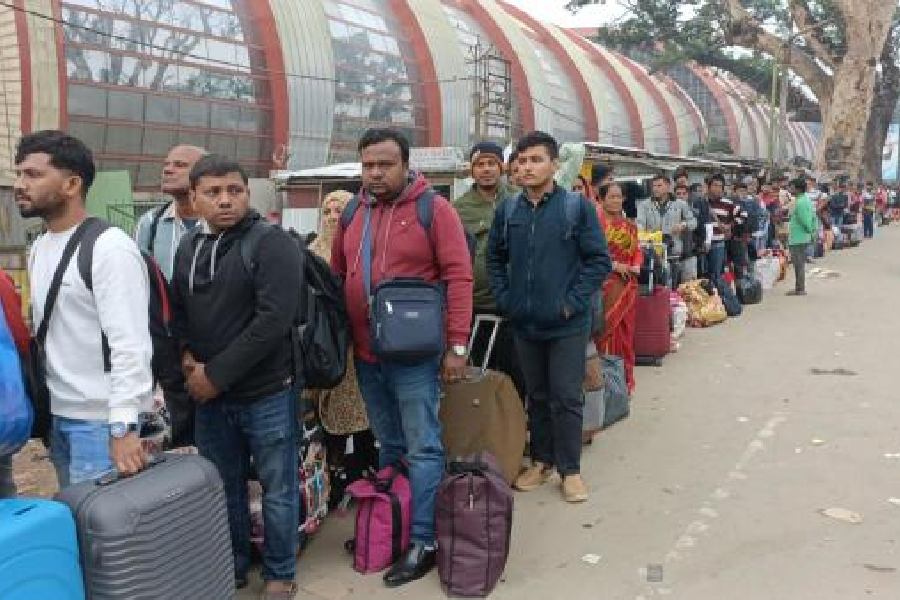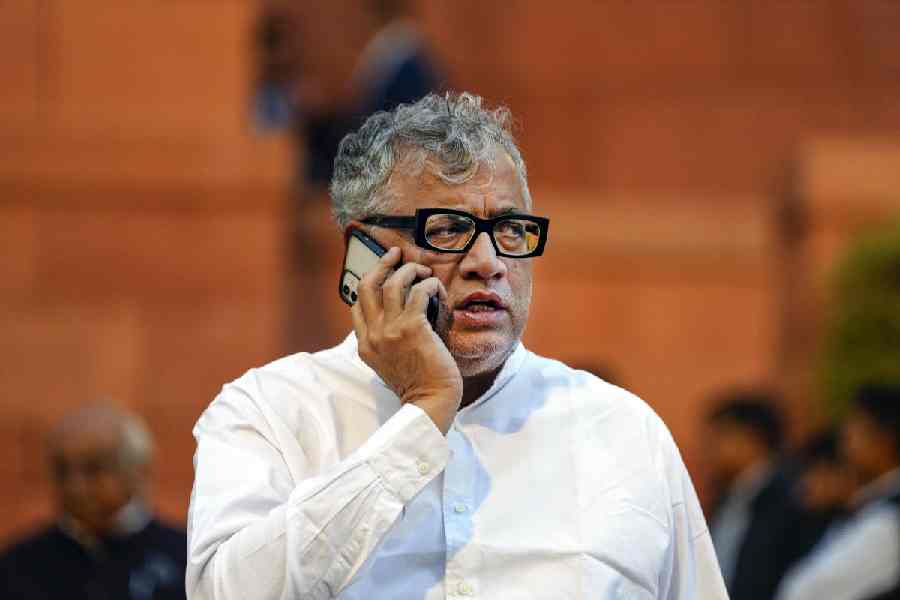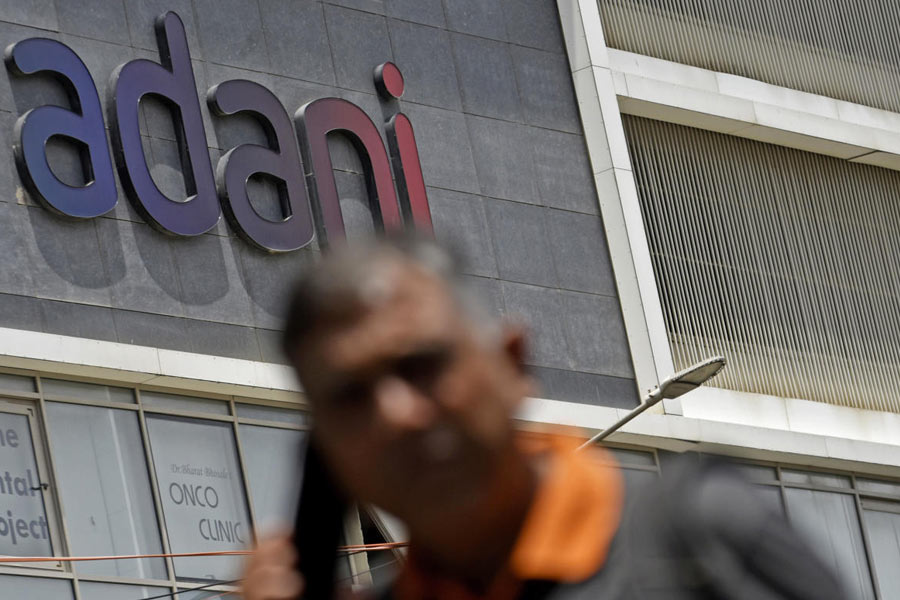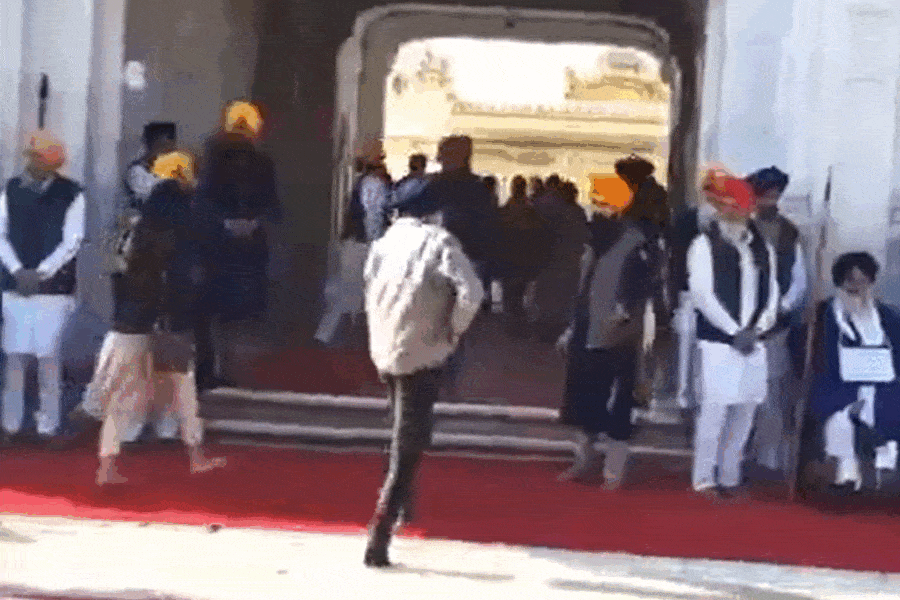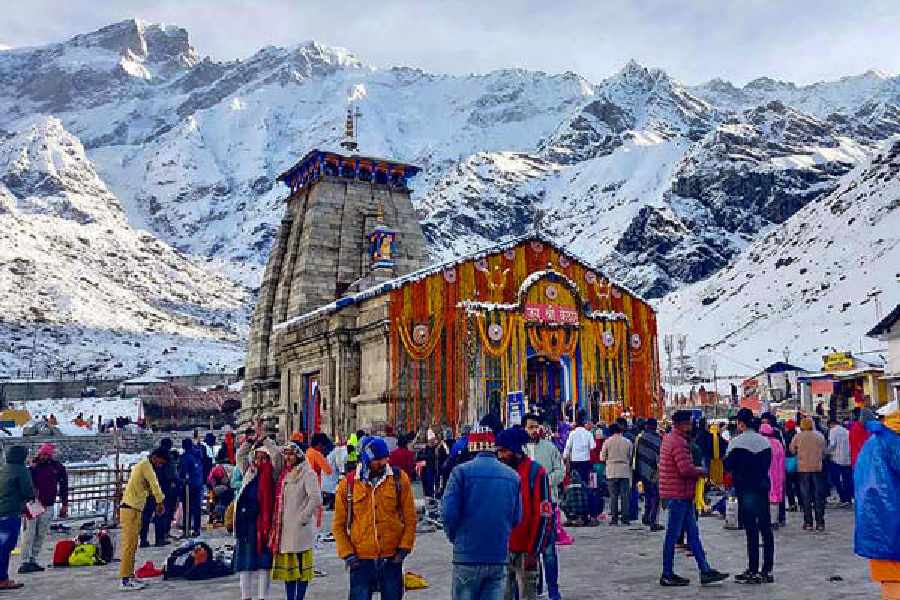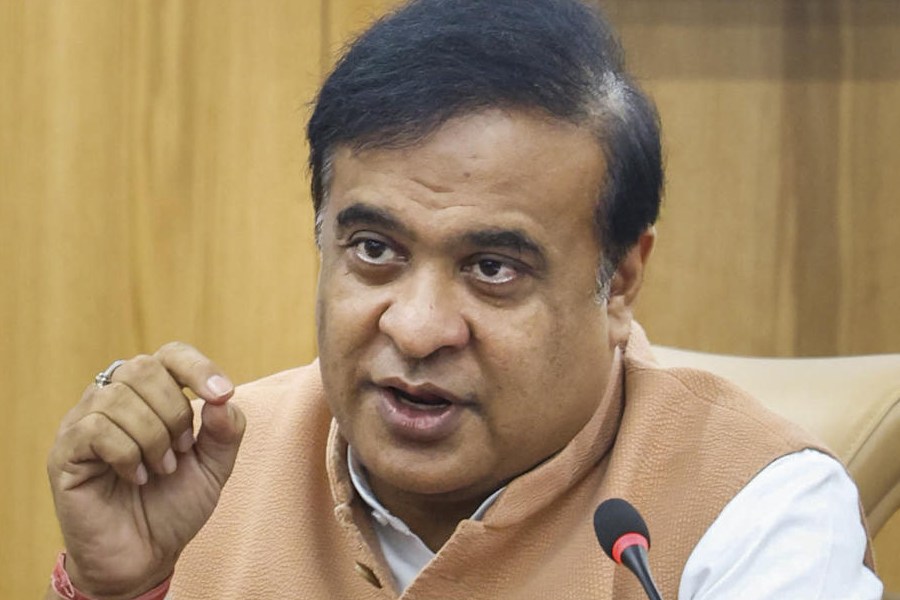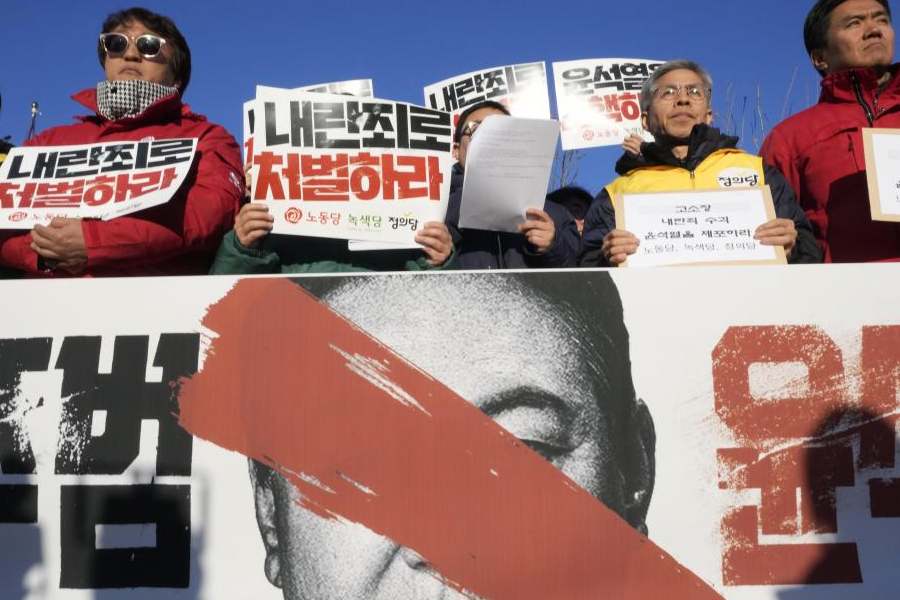Hoteliers in Malda have decided not to accommodate Bangladeshis from Wednesday in protest against what they termed as anti-India activities, reported dishonour of the Indian flag and alleged attacks on minorities in the neighbouring country.
“We will not accommodate guests from Bangladesh in our hotels. The decision was taken as our members are aggrieved with and deeply concerned about anti-India activities in Bangladesh and the way they are dishonouring our country,” Krishnendu Choudhury, secretary of the Malda Hoteliers’ Association, which is a body of hotel owners who run 93 facilities hotels in the district.
The association communicated its decision to district police on Tuesday.
The decision was made public on a day hoteliers in Tripura implemented a similar decision, prompting criticism from various quarters in Bangladesh, including the common citizenry.
“The decision not to host people from the neighbouring country will hamper people-to-people relationships, which is crucial at such a time of crisis,” said a Bangladeshi visiting the state to get treatment for his mother.
The move of hoteliers in Malda is a double blow to people from Bangladesh as it comes close on the heels of a few doctors and a private medical facility in Calcutta announcing that they would not treat patients from the neighbouring state.
However, several doctors have criticised the move with a physician pointing out that “even injured prisoners of war are treated”.
“Whatever is happening in Bangladesh, including the attacks on minorities and disrespect to the Indian flag is condemnable and should be protested. But not treating the sick will be violating the Hippocratic Oath we have taken as doctors. We have taken the oath not to let religion, nationality, race, party politics or social standing come in the way of my duty and my patient,” a Calcutta physician said on condition of anonymity.
Approximately 800 Bangladeshi nationals stay in Malda hotels monthly, typically arriving through the Mahadipur land port for medical treatment, business, or other purposes. Many use Malda as a transit hub before heading to major cities like Calcutta, Chennai, Bangalore, or Delhi.
Sources noted that Bangladeshi visitors often arrange their travel plans and other logistics during their short stays in Malda before continuing their journeys.
These developments, fueled by escalating protests and rhetoric from BJP and Sangh Parivar-affiliated organisations in districts bordering Bangladesh, have placed significant pressure on law enforcement agencies. The police and the Border Security Force (BSF) are facing the dual challenge of maintaining peace and ensuring the safety of Bangladeshi nationals amid rising tensions.
To address the crisis, the BSF has intensified coordination with Bangladesh’s Border Guard (BGB) while reinforcing border security.
The police in the districts, particularly those having borders with the crisis-ridden nation, are actively monitoring social media to prevent the spread of communal hatred and potential violence against Bangladeshi visitors, in areas which are used as transit
and stay.
BSF jawans are providing enhanced security at integrated check posts such as Petrapole, Ghojadanga, Mahadipur and Hili.
BSF personnel are on vigil to guard the Bangladeshi people who are returning through the integrated check posts including Petrapole, Ghojadanga, and Hili. There has been a rush among Bangladeshi nationals to return home as they apprehend the closure of ports because of increasing protests in India.
The police and BSF officials have been guarding them as many Bangladeshi fear being attacked in retaliation for atrocities on the minorities in their country.
“I came for follow-up treatment at a private hospital in Calcutta, but the experience this time was disheartening. We felt isolated and unwelcome, unlike on previous visits when we always felt at home,” said a Bangladeshi national waiting at Petrapole for immigration clearance on Tuesday on his way back home.
However, a BSF officer at Petrapole called these fears “unfounded” but assured that security measures were in place to protect travellers.
In addition to managing the current unrest, the BSF is grappling with a rise in infiltration attempts. Many persecuted individuals in Bangladesh are reportedly trying to cross into India, particularly through unfenced riverine stretches in North and
South Bengal.
Ravi Gandhi, additional director-general of the BSF Eastern Command, affirmed the force’s commitment to securing the border. “Our vigilance remains steadfast, and measures are being taken on a war footing to close existing gaps,” he said. However, for BSF the increasing attempts of infiltration of persecuted people to India from Bangladesh have become a major concern coupled with many unfenced stretches of the Indo-Bangladesh border in North and in the South Bengal frontiers, including
riverine stretches.

